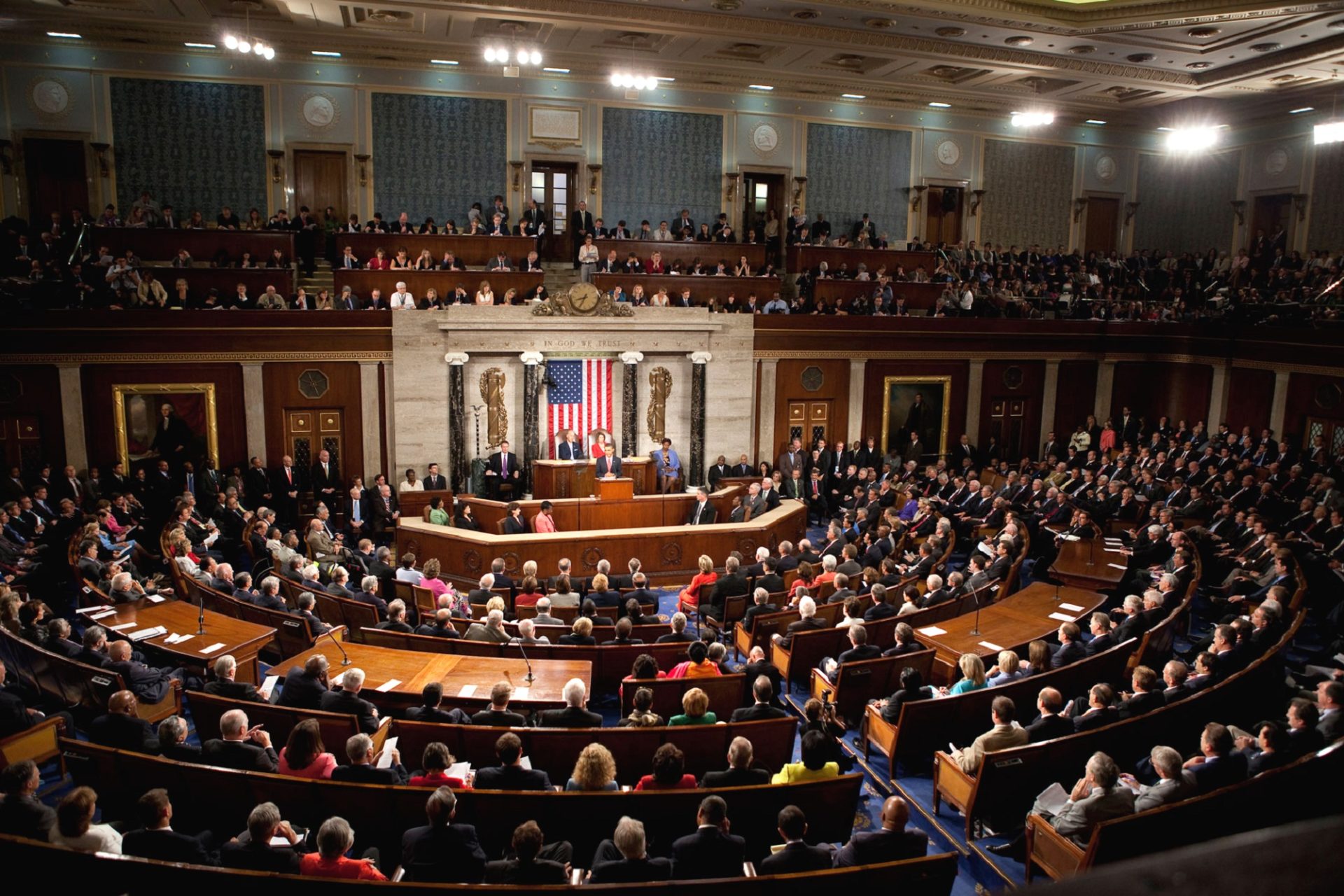
The Congressional Committee Map
Several congressional committees have oversight over U.S. foreign assistance, some with overarching jurisdiction and some with program-specific jurisdiction. Congress also established dozens of member caucuses to develop policy or raise awareness on specific issues, including the Effective Foreign Assistance Caucus, the Hunger Caucus, the International Basic Education Caucus, the Tuberculosis Elimination Caucus, the International Water and Sanitation Caucus, as well as several regional and country-specific caucuses. Key congressional committees for foreign assistance include:
United States Senate
SENATE COMMITTEE ON APPROPRIATIONS
The Senate Appropriations Committee and its 12 subcommittees are responsible for legislation that makes funding available to government agencies, departments, and associated entities. Total funding can be limited by statute or by the budget resolution passed by the Senate Committee on the Budget. In developing funding legislation for the upcoming fiscal year, each subcommittee reviews the President’s budget request, hears testimony from officials, and meets with relevant stakeholders.
Key Subcommittee: State, Foreign Operations, and Related Programs (SFOPs). SFOPs has jurisdiction over agencies relating to DoS and other foreign policy spending initiatives. These include DoS; USAID; peacekeeping operations; climate; poverty-focused development and humanitarian assistance accounts; and global health programs. The appropriations subcommittees on Agriculture and Labor, Health, and Human Services also have jurisdiction over some foreign assistance funding.
SENATE COMMITTEE ON THE BUDGET
The Budget Committee, created by the Congressional Budget and Impoundment Control Act of 1974, is responsible for drafting plans for Congress and monitoring and enforcing rules surrounding spending, revenue, and the federal budget. The committee’s principal responsibility is to develop a budget resolution to serve as the framework for congressional action on spending and revenue. The committee is also responsible for debt-limit legislation and reconciliation.
SENATE COMMITTEE ON FOREIGN RELATIONS
The Senate Committee on Foreign Relations and its seven subcommittees are responsible for developing and influencing U.S. foreign policy. The committee holds jurisdiction over treaties, diplomatic nominations, and other foreign policy legislation shaping U.S. foreign policy. Specifically, the committee is responsible for overseeing (but not administering) foreign aid programs and arms sales; training for national allies and multilateral banks; and reviewing matters relating to U.S. national security policy, foreign policy, and international economic policy.
Subcommittees:
- Africa and Global Health Policy
- East Asia, the Pacific, and International Cybersecurity Policy
- Europe and Regional Security Cooperation
- Multilateral International Development, Multilateral Institutions, andInternational Economic, Energy, and Environmental Policy
- Near East, South Asia, Central Asia, and Counterterrorism
- State Department and USAID Management, International Operations, and Bilateral International Development
- Western Hemisphere, Transnational Crime, Civilian Security, Democracy, Human Rights, and Global Women’s Issues
United States House of Representatives
HOUSE COMMITTEE ON APPROPRIATIONS
The House Appropriations Committee and its 12 subcommittees are responsible for legislation that makes funding available to government agencies, departments, and associated entities. Total funding can be limited by statute or by the budget resolution passed by the House Committee on the Budget. In developing funding legislation for the upcoming fiscal year, each subcommittee reviews the President’s budget request, hears testimony from officials, and meets with relevant stakeholders.
Key Subcommittee: State, Foreign Operations, and Related Programs (SFOPs). SFOPs has jurisdiction over agencies relating to DoS and other foreign policy spending initiatives. These include DoS; USAID; peacekeeping operations; climate; poverty-focused development and humanitarian assistance accounts; and global health programs. The Agriculture and Labor and Health and Human Services Subcommittees also have jurisdiction over some foreign assistance funding.
HOUSE COMMITTEE ON THE BUDGET
The Budget Committee, created by the Congressional Budget and Impoundment Control Act of 1974, is responsible for drafting plans for Congress and monitoring and enforcing rules surrounding spending, revenue, and the federal budget. The committee’s principal responsibility is to develop a budget resolution to serve as the framework for congressional action on spending and revenue. The committee is also responsible for debt-limit legislation and reconciliation.
HOUSE FOREIGN AFFAIRS COMMITTEE
The House Foreign Affairs Committee and its six subcommittees are responsible for developing and influencing U.S. foreign policy. The committee holds jurisdiction over foreign policy legislation. Specifically, the committee is responsible for overseeing (but not administering) foreign aid programs and arms sales; training for national allies and multilateral banks; and reviewing matters relating to U.S. national security policy, foreign policy, and international economic policy.
Subcommittees:
- Africa, Global Health, and Global Human Rights
- Asia, the Pacific, Central Asia, and Nonproliferation
- Europe, Energy, the Environment, and Cyber
- Middle East, North Africa, and Global Counterterrorism
- International Development, International Organizations, and Global Corporate Social Impact
- Western Hemisphere, Civilian Security, Migration, and International Economic Policy